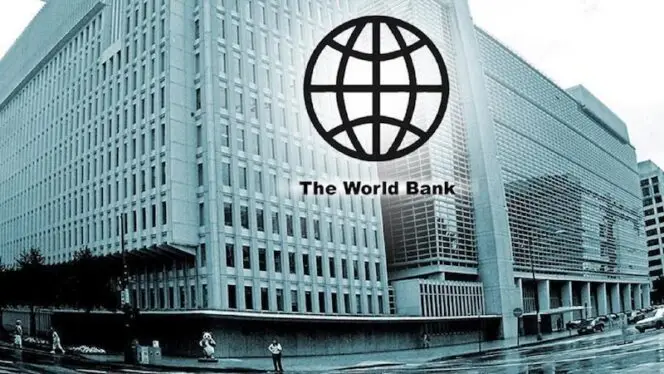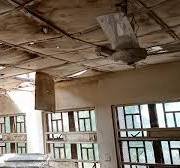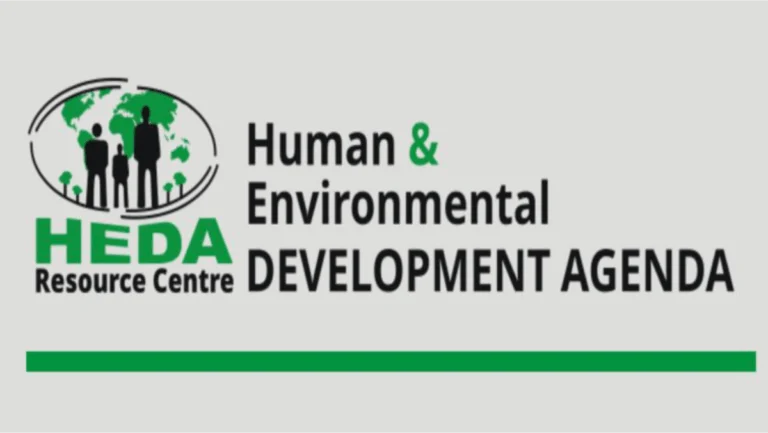
ABUJA, Nigeria – Nigeria’s poverty reduction efforts remain “alarmingly weak” as the World Bank reveals that the country spends just 0.14 per cent of its GDP on social protection — among the lowest globally.
In its latest report, The State of Social Safety Nets in Nigeria, the Bank says such minimal funding has “virtually no measurable impact” on poverty, cutting the national poverty rate by only 0.4 percentage points — far below the global average.
“The scale of underinvestment is staggering,” the report notes, comparing Nigeria’s spending with the 1.5 percent global average and 1.1 percent in sub-Saharan Africa.
Despite numerous welfare initiatives — from school feeding to cash transfers — the report finds that only 44 percent of benefits reach the poor, even though they make up 56 percent of beneficiaries.
“The impact is diluted,” said the World Bank, citing poor programme design and reliance on donor funding. Between 2015 and 2021, 60 percent of Nigeria’s safety net spending came from foreign aid — 90 percent from the Bank itself.
While the National Social Safety Nets Programme has shown promise — reducing poverty among beneficiaries by 4.3 points — the Bank warns that without higher domestic funding and better targeting, social protection will continue to fail millions.
Finance Minister Wale Edun recently confirmed that 8.5 million households have received ₦25,000 digital cash grants under a new scheme, but analysts say only systemic reform will yield sustainable change.
“Nigeria’s poor cannot wait for trickle-down reforms. They need robust, home-grown protection,” the report concludes.




